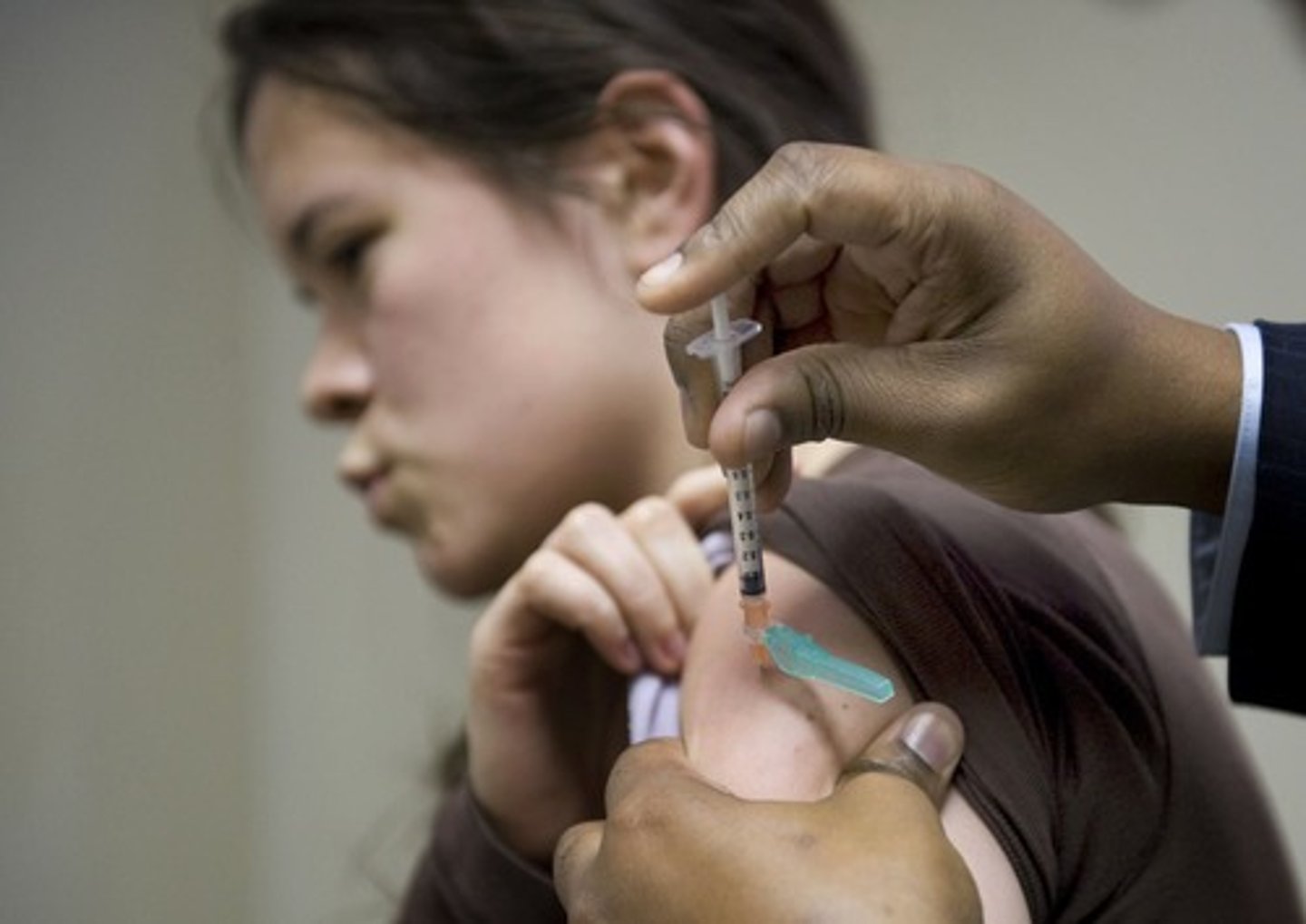Externalities and Public Goods: Chapter 10 Overview
1/99
There's no tags or description
Looks like no tags are added yet.
Name | Mastery | Learn | Test | Matching | Spaced | Call with Kai |
|---|
No analytics yet
Send a link to your students to track their progress
100 Terms
Externality
A side effect affecting bystanders' interests.
Negative Externality
A side effect that harms bystanders.
Positive Externality
A side effect that benefits bystanders.
Market Failure
Inefficient outcomes not in society's best interest.
Greenhouse Gas Emissions
Pollutants causing climate change from fossil fuels.

Fossil Fuels
Natural substances used for energy, causing pollution.
Traffic Congestion
Increased road usage leading to slower travel times.
Pollution
Contamination affecting health and environment negatively.
Bystander
An individual affected by externalities without decision power.
Cost-Benefit Principle
Evaluating choices based on associated costs and benefits.
Covid Vaccine
A positive externality reducing illness spread in community.

Social Interest
The collective well-being of society as a whole.
Private Interest
Individual benefits prioritized over societal consequences.
Exercise Benefits
Health improvements from regular physical activity.
Study Group Preparation
Sharing insights that enhance group learning outcomes.
Flower Garden
Aesthetic improvement benefiting neighbors' environment.
Secondhand Smoke
Health risks imposed on others by smokers.
Parking Space Conflict
Disruption caused by improper parking behavior.
Instagram Distraction
Reduced learning due to social media during class.
Decision-Making Process
Evaluating options while considering external effects.
Short-Term Side Effects
Immediate negative impacts from vaccinations or treatments.
Community Health
Overall wellness of a population influenced by choices.
Bystander Interests
Concerns of individuals not involved in decision-making.
Private Interest
Costs and benefits incurred personally by an individual.
Social Interest
Costs and benefits affecting society as a whole.
Externality
A side effect impacting bystanders from economic activities.
Market Failure
Inefficiency in resource allocation due to externalities.
Marginal Private Cost (MPC)
Extra costs incurred by sellers for one additional unit.
Marginal External Cost (MEC)
Costs imposed on bystanders from producing an extra unit.
Marginal Social Cost (MSC)
Total costs including both private and external costs.
Marginal Private Benefit (MPB)
Extra enjoyment gained by buyers from one additional unit.
Marginal External Benefit (MEB)
Benefits received by bystanders from one additional unit.
Marginal Social Benefit (MSB)
Total benefits including both private and external benefits.
Negative Externality
Harmful side effects affecting others from production.
Positive Externality
Beneficial side effects impacting others from production.
Supply Curve
Graph showing relationship between price and quantity supplied.
Demand Curve
Graph showing relationship between price and quantity demanded.
Gas Example
Illustrates costs related to gas production and pollution.
Vaccine Example
Illustrates benefits of vaccination for individuals and society.
Marginal Social Costs Formula
MSC = MPC + MEC.
Marginal Social Benefits Formula
MSB = MPB + MEB.
Market Failure (Negative)
Too much activity occurs when MSC > MPC.
Market Failure (Positive)
Too little activity occurs when MSB > MPB.
Wedge Effect
Discrepancy between private and social interests.
Bystanders
Individuals affected by others' economic choices.
Socially optimal quantity
Most efficient quantity for society overall.
Negative externalities
Overproduction harms bystanders and society.
Positive externalities
Underproduction benefits society but is neglected.
Externality problem
Market ignores bystanders' interests, causing inefficiency.
Marginal principle
Evaluate if one more unit benefits society.
Cost-benefit principle
Compare marginal social benefit and cost.
Rational rule for society
Produce more if marginal benefit equals cost.
Equilibrium quantity
Supply equals demand in the market.
Marginal social cost
Total cost to society for producing one more unit.
Marginal external cost
Cost imposed on bystanders per unit produced.
Four-step recipe
Method to analyze externalities and outcomes.
Step 1: Predict equilibrium
Forecast quantity where supply meets demand.
Step 2: Assess externalities
Determine if externality is positive or negative.
Step 3: Find socially optimal quantity
Where marginal social benefit equals marginal social cost.
Step 4: Compare quantities
Identify overproduction or underproduction relative to optimal.
Market failure
Inefficient market outcome due to externalities.
Gasoline externality example
Gas production harms others, causing negative externality.
Marginal social benefit
Benefit to society from consuming one more unit.
Bystanders
Individuals affected by market outcomes but not participants.
Tragedy of the Commons
Overuse of shared resources leads to depletion.
Public goods
Non-excludable and non-rivalrous resources for society.
Pollution optimal level
Some pollution is acceptable for societal efficiency.
Demand curve
Reflects marginal private benefit for consumers.
Supply curve
Reflects marginal private cost for producers.
Marginal social cost
Cost incurred by society for production.
Marginal private cost
Cost borne by producers for supply.
Overproduction
Production exceeding socially optimal levels.
Marginal social benefit
Total benefit to society from consumption.
Equilibrium quantity
Quantity where supply equals demand.
Socially optimal quantity
Quantity maximizing overall societal welfare.
Socially Optimal Quantity of Pollution
Balance between pollution costs and benefits.
Positive externalities
Benefits enjoyed by third parties from consumption.
Marginal external benefit
Additional benefit to society from an action.
Marginal private benefit
Benefit received by consumers from consumption.
Market failure
Inefficient allocation of resources in the market.
Underproduction
Production below the socially optimal level.
Coase Theorem
Private bargaining solves externality problems if costless.
Corrective taxes
Taxes aimed at reducing negative externalities.
Subsidies
Financial aid to encourage positive externalities.
Cap and trade
Market-based approach to control pollution.
Public goods
Non-excludable and non-rivalrous resources.
Tragedy of the Commons
Overuse of shared resources leading to depletion.
Private bargaining
Negotiation between parties to resolve externalities.
Laws and regulations
Government interventions to manage externalities.
Ownership rights
Legal entitlements to resources affecting externalities.
Bystanders
Individuals affected by externalities but not involved.
Negative Externality
Cost imposed on third parties by an activity.
Positive Externality
Benefit received by third parties from an activity.
Side Payments
Compensation to alter another's behavior or decision.
Loud Music Example
Neighbor's music causing disturbance; resolved via payment.
Humana Health Insurance
Insurance incentivizing exercise to reduce medical costs.
Go365 Program
Humana's initiative rewarding clients for exercising.
Climate Change Bargaining
Difficulty in collective negotiation among affected parties.
Corrective Taxes
Taxes aimed at internalizing negative externalities.
Corrective Subsidies
Subsidies aimed at promoting positive externalities.